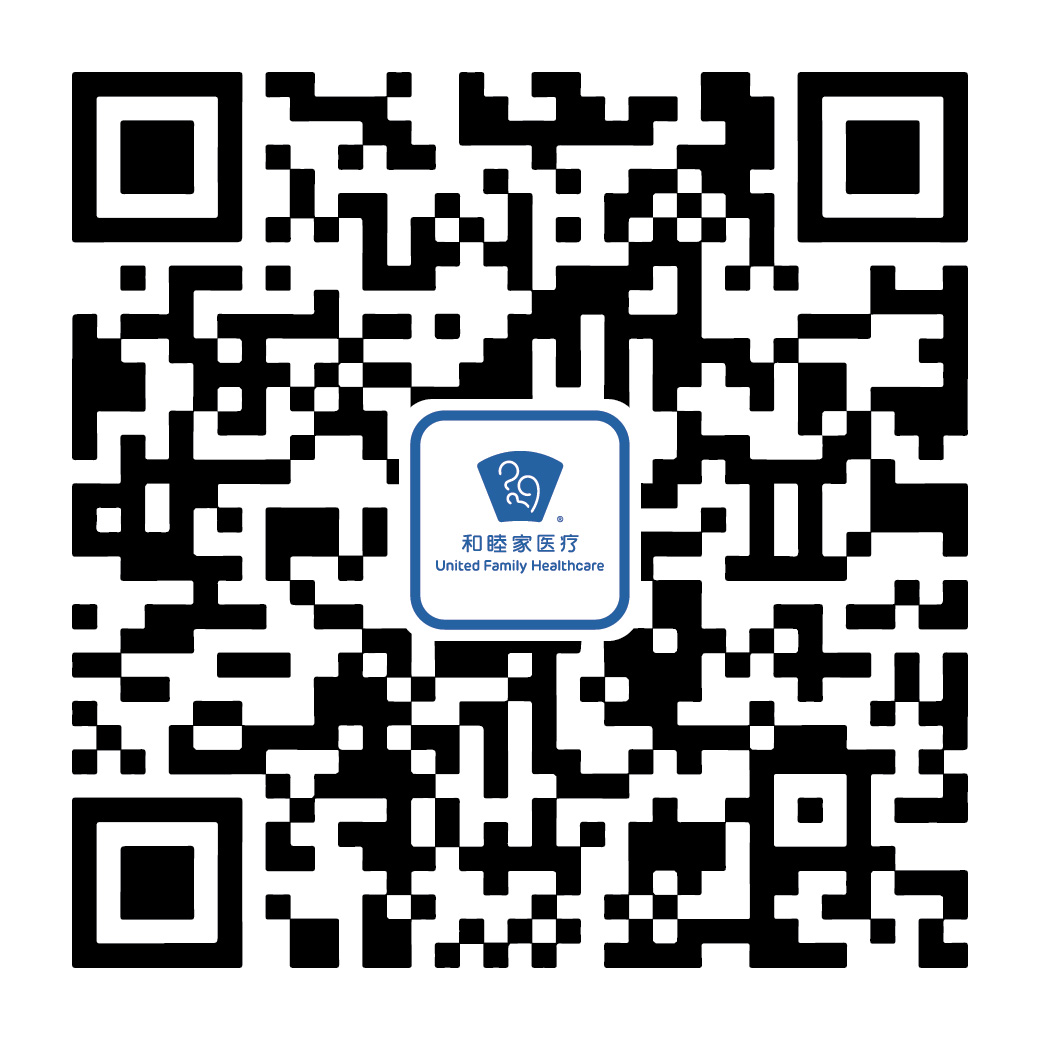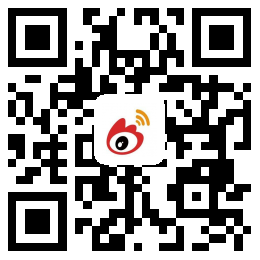
Chinese Medicine as Solution for Your Health Problems
Traditional Chinese medicine (TCM) is the modern use of traditional healing treatments that developed in China over the past 2000 years. TCM is a complete medical system that is based on uniquely Chinese theories which are flexible enough to manage complex, modern medical problems. In China, TCM is a mainstream medical treatment. Here most cities operate dedicated TCM hospitals, and many Western medical hospitals include a TCM department. I, for instance, work at United Family Healthcare where I practice TCM alongside Western medical specialists. There are many different treatment techniques that fall under the umbrella of TCM, but the two main ones are acupuncture and Chinese herbal medicine. These are the two that I use most commonly in my practice.
TCM can be used for a wide range of health problems. In my practice the bulk of patients come because of pain, problems with digestion, women’s health disorders, or stress-related health issues. To treat pain, I always use acupuncture. To treat other health problems I usually use acupuncture combined with herbal medicine. In quite a few cases I also add in other TCM techniques like massage, moxibustion or guasha, and give individualized advice on exercise and diet. Moxibustion is the burning of Chinese herbs to warm acupuncture points and guasha is a deep friction technique to relieve muscle tension and pain.
The theories behind TCM are complex and form an integrated system for diagnosing and treated illness. Basic among these principals are concepts like yin and yang, the 5 elements, external climatic and dietary influences, as well as the concept that Qi, blood and essence are the fundamental ingredients of life. All of these are quite foreign sounding to people who don’t come from an East Asian background. They may sound spiritual, esoteric or hokey, and thus it can be easy for people to disregard them as superstition or hocus pocus. In reality this is just a different way of describing how all your body’s functions and structures work together to maintain health. They provide a standard medical language that, once learned, allows TCM doctors to identify and categorize pathology and thus decide what treatment to apply.
In all cases, the aim of TCM treatment is to stimulate the self-healing functions of your body. Just as is the case with Western medicine, doctors and medical treatments don’t heal people. Instead we help the body to heal itself. Acupuncture uses thin needles to affect blood and fluid circulation, reduce inflammation, improve the ability of cells to produce and utilize energy, and affects the nervous system to relieve stress and reduce pain perception. In the case of Chinese herbal medicine, herbal remedies cause internal reactions that affect how organs function.
One major area of my TCM practice is helping women with gynecology or fertility issues. This includes problems with a woman’s menstrual cycle, fertility and menopause. The most common reasons that women visit me for disorders of their cycles are period pain, irregular periods and heavy periods. Not surprisingly, woman rarely complain about light periods. Other women come to treat difficulty with falling pregnant and the associated emotional cost that comes along with this problem. During menopause, hot flushes are definitely the major complaint. These are all areas that TCM has a good track record in treating effectively.
Gynecology is extremely complex and to successfully treat problems in this area I need to work with the patient to discover the underlying disharmony that has led to her problem. Finding the root cause of the symptoms is one of the strong points of TCM. For example, period pain could come from numerous different reasons. Your internal environment could be too cold which causes contraction and pain; the energy needed to move blood smoothly could be deficient; stress, diet and exercise could be involved. The list of possibilities goes on. If I gave every woman with period pain the same standardized treatment, I could probably only hope to reduce the pain for 10-15% of them. If I treated you and your pain happened to be appropriate to that one-size fits all treatment, then you would feel better. If you had a different underlying cause, then there would be no effect.
Rather than working like this, I need to tailor treatment to your specific health condition. I first ask specific questions about your menstrual cycle like its history, current timing and the quality of your pain, as well as questions about other aspects of health like digestive function, emotional health and sleep quality. I also use Chinese pulse and tongue diagnosis to determine your underlying issue. This allows me to discover the unique pattern of your period pain so that I can then tailor treatment to you specifically. In this way TCM can give a more effective outcome with longer lasting benefits.
What we are ultimately aiming for is a gradual improvement in your symptoms until your health returns to normal or improves to the point where it no longer impacts your quality of life. TCM is natural and effective, and can be used on its own or combined with Western medical treatment. It is grounded in over 2000 years of refined theory and clinical experience. If you, or someone you love, is troubled by health problems than TCM may be the solution.
Jon Hanlon is a TCM doctor at United Family Healthcare. He uses acupuncture and Chinese herbal medicine to help people enjoy healthy, pain-free lives. You can contact him on 400 891 9191
Copyright United Family Healthcare 2014 All right reserved - 京卫网审[2014]第1927号 - 京ICP备13017554号-4




